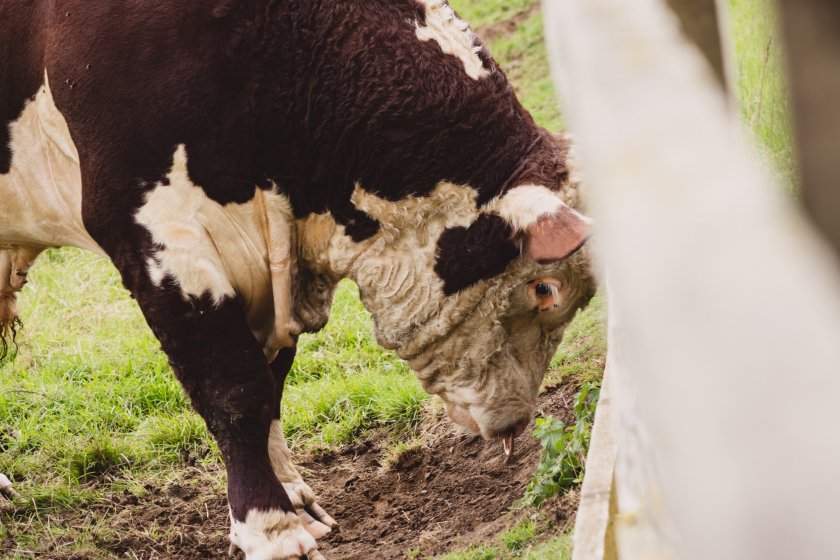
The number of bluetongue cases in Norfolk and Kent could soon reach 50 as farmers and vets have organised an 'urgent' meeting to discuss the situation.
Both counties are still in a temporary control zone (TCZ) since the initial outbreak of bluetongue in mid-November, which was the UK's first case since 2007.
As of 10 January, there have now been a total of 47 cases of bluetongue in infected animals, on 27 farms and holdings.
Following surveillance in the north east Kent TCZ, two further cases were identified in cattle at two new locations in the existing TCZ, located in the Sandwich area.
Both locations are linked to holdings where cases have recently been found, Defra said in a new update published on 10 January.
It said the government is continuing to monitor the situation, but added that there is still no evidence the virus is circulating in midges.
It comes as a farmer focussed bluetongue meeting is being organised for Monday 15 January by key industry organisations working to provide support on the situation.
Chairing the meeting will be Hugh Broom, NFU East livestock board member, and Dan Phipps, chairman of the National Sheep Association (NSA).
Mr Broom said: “This urgent meeting is being held to provide the latest updates for farmers and vets.
“Ensuring vital and importantly, up to date BTV-3 information is accurately shared with farmers, is dependent on all of the industry experts and stakeholders collaborating."
The meeting is open to farmers and vets, and will be held at Dunston Hall, Norwich from 7pm to 8.30pm.
Defra confirmed that the TCZs are not being extended and movement restrictions continue to apply to cattle, sheep, deer, camelids and other ruminants in the zone.
The bluetongue virus is usually transmitted by midge bites and affects cows, goats, sheep and other camelids such as llamas.
Midges are most active between April and November and not all susceptible animals show immediate, or any, signs of contracting the virus.
Impacts on susceptible animals can vary greatly – some show no symptoms or effects at all while for others it can cause productivity issues such as reduced milk yield, while in the most severe cases can be fatal for infected animals.
Farmers can call the dedicated bluetongue hotline to get advice or ask questions linked to the current situation – on 024 7771 0386 from 9am to 5pm, Monday to Friday.
